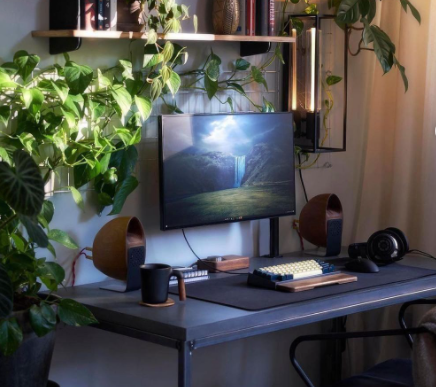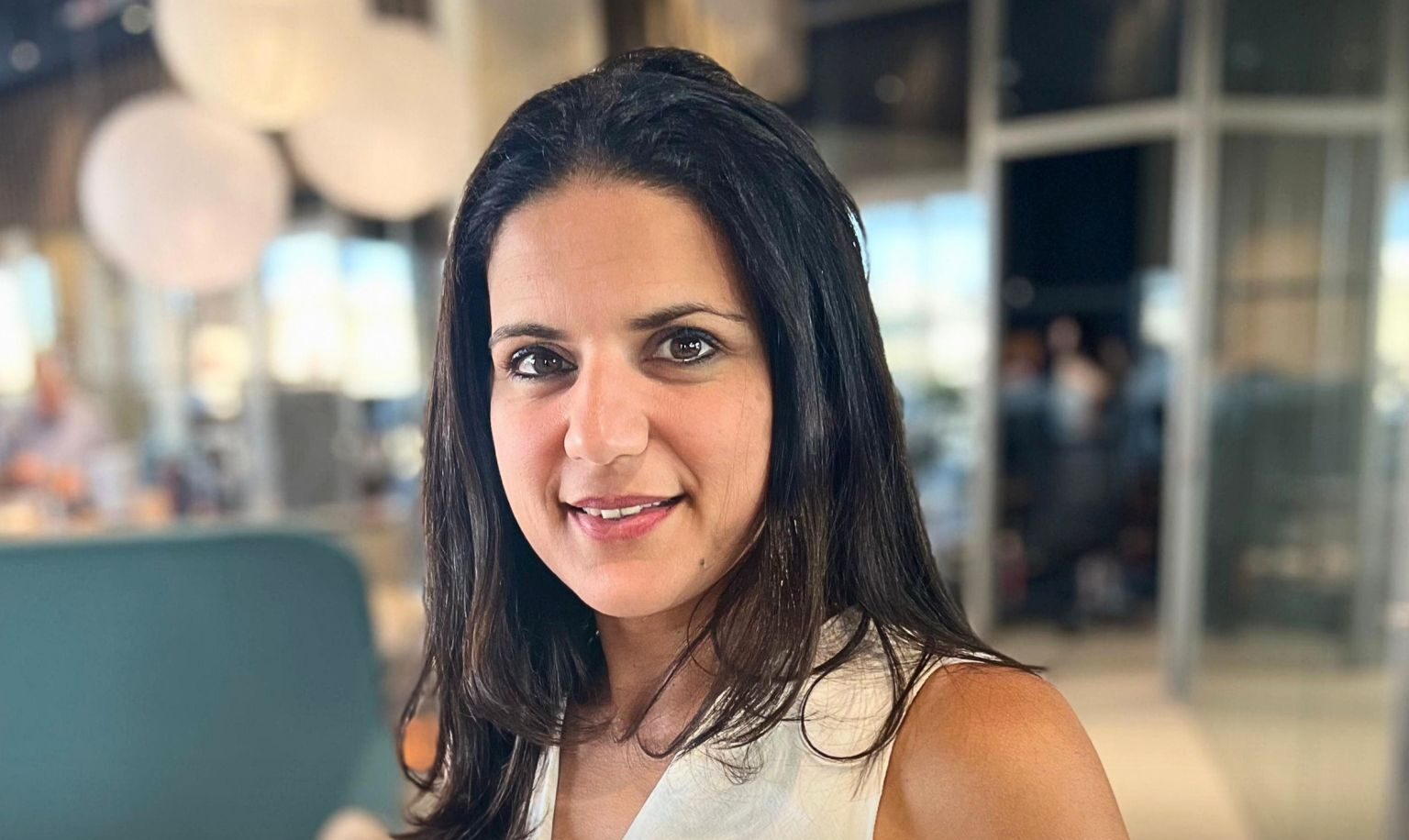Ever since COVID-19 drove scores of individuals – from C-level executives to University students –towards a remote work set-up (which, for many globally, was a first and something of a shock), the importance of adaptability emerged again as a vital lesson to learn from this pandemic.
While reactions towards this work practice were mixed – some loved it, others less so – one thing became clear: the lines between work and life have become increasingly blurred. With multiple channels for staying connected with colleagues all day long and flexible work hours morphing into a seemingly endless work day, where does it really begin and end?
We reached out to Emma Hogg, a psychotherapist and founder of A Life I Choose, who shares that, ever since starting her business, she has worked from home and understands the blurry lines people refer to as a negative side-effect of working from home.
“It can be tough to let go of work, or for some people to get started when they’re comfortable at home, but this is where our resourcefulness and adaptability kicks in. We can create boundaries with ourselves – start and end times for work, movement outside, meeting a friend for lunch,” she explains.
“Ultimately, each person is responsible for their own state of happiness, so we need to make sure that we are tuning into what we need and giving ourselves that in order to experience a more fulfilling day.”
Emma says she’s witnessed varying reactions to the sudden and widespread move to working from home. Some loved the comfort, avoiding traffic, having more flexibility and time with their families, while others were frustrated by the lack of social interaction, or having to balance work with managing the home, raising kids and home-schooling. “Some people experienced all of these reactions at different times.”
“One of the biggest challenges I see is overwhelm, especially for parents working from home when the kids are also doing online learning. It can be a lot to be in each other’s space all the time, and with kids needing things from parents, it can be very challenging for the parent to focus on their work,” says Emma.

When dealing with this kind of situation, she asserts that expectations need to be recalibrated. “You may not be able to produce the same amount of work or you may lose your cool more often than you used to. Whilst doing our best, there needs to be more space for imperfection, otherwise we’ll drive ourselves mad.”
Some have argued that, given the sudden and unprecedented need for many to work from home, coupled with a lack of preparedness and an unclear perspective on when it will end, it may have lasting effects on our psychology.
However, Emma asserts that it isn’t our circumstances that are damaging, but our reactions to them that have the biggest impact on an individual. “The pandemic and all the changes that have come with it will have a lasting negative impact on people who haven’t yet learned how to develop a resilient and flexible approach to life.”
She explains that, during lockdown, many people reached out to her to begin sessions in order to develop more resilient mindsets – “this is incredible ownership of one’s quality of life,” she explains. “The people who will struggle the most are the ones who interpret the pandemic as something that happened to them and that stripped them of their quality of life.”
Emma adds that many people have experienced a lot of hardship and will continue to do so due to the pandemic; particularly those whose businesses and health were impacted, or who have lost loved ones. “But it’s when we go into a state of helplessness that we really suffer. When all we can focus on is the ‘problem’, the problem grows so that you can see no possible solutions.”
Emma’s tips for setting work-life boundaries
“Everyone is different, so different boundaries work for different people. Always ask yourself what you need in order to feel your best,” says Emma, who shares some ideas to set you thinking.
1. Create a morning routine that sets you up to be in your best energetic state before you begin your workday. Go out for a walk, do a work-out at home, journal or meditate. Do something good for yourself and your family so that you feel good.
2. Set a time to begin working, time for breaks and a time to end; just like you would if you were going to an office.
3. Don’t work in the same place that you relax, such as your bed or the sofa. Set up a desk or change a part of your home into a workspace temporarily, so that when you leave that space, you leave your work there too.
4. Keep your weekends free from work, as much as possible.
5. If you can be social on your lunch break, do so, or at least get outside, or call a friend/family member.
6. Do something different in the evening to mark that it’s the end of the day – play music, have a shower, go for a run. Do something that helps you to unwind.
7. Most importantly, make sure your life is about more than just work. Don’t neglect your other roles: your role of partner, daughter/son, parent, friend, book-lover, music-lover – whatever it is that makes you you. You are a multi-dimensional human being, so to avoid burn-out, dedicate time to being in the roles that make your life meaningful and enjoyable.
Visit Emma’s website and follow her on Instagram for frequent updates and information on self-development and growth.
Mistakes CEOs regret and how to avoid them
Many CEOs look back and wish they had done things differently.
6 steps business leaders must follow to address negative online reviews
Responding to online critics is an effective way of protecting a company’s reputation and building customer loyalty.
Provide feedback and show respect: 5 ways business leaders can steer a young team towards success
Millennials and Gen Z employees are on the rise, and while they are wrongly viewed as ‘unmotivated’ and ‘entitled’, they ...
If your employees are displaying these symptoms, it’s time to check in
Recognising when an employee or colleague is struggling can be essential in getting them the support they need before it’s ...









